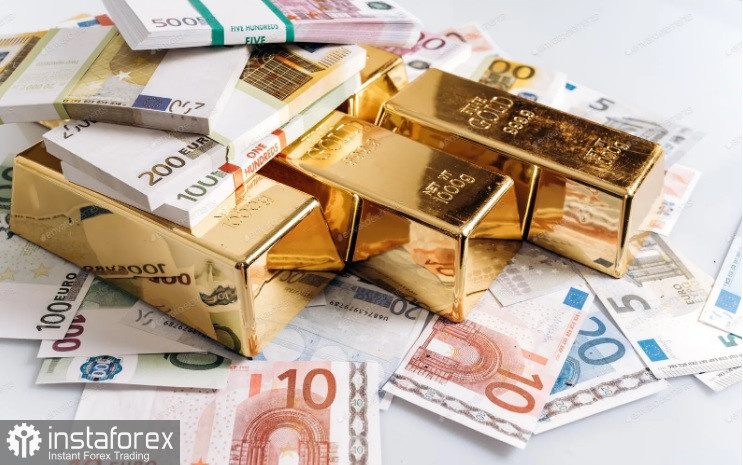
Russia is proposing its own international standard for precious metals after getting banned by the London Bullion Market Association (LBMA). And it could have a fixed price in national currencies.
According to the Ministry of Finance of the country: in order to normalize the functioning of the precious metals industry and not depend on the LBMA, it is necessary to create the new Moscow World Standard (MWS), as well as open a new, specialized international precious metals brokerage headquartered in Moscow, which will rely on MWS.
The Russian government is also proposing to fix precious metals prices in the national currencies of key member countries or through a new monetary unit, such as the new BRICS currency proposed by Russian President Vladimir Putin.
The pricing committee will include central banks and other major banks from the Eurasian Economic Union (EAEU). The member states of the EAEU are Russia, Kazakhstan, Belarus, Kyrgyzstan and Armenia.
The idea was to make membership attractive to major gold players such as China, India, Venezuela, Peru and other South American countries.
According to a letter published by the Ministry of Finance, the creation of such an organization will quickly destroy the LBMA monopoly and ensure the stable development of the precious metals industry in Russia and the world.
It was also specified that the proposal for the new standard did not come from the Ministry of Finance, but from market participants.
According to the data of the Ministry of Finance of, Russia was the second largest gold producer by volume in 2021, with gold production up 9% to 343 tons. In addition, Russia is also one of the three largest producers of platinum, palladium and rhodium. The volume of production of precious metals in Russia is about 25 billion dollars a year.
Due to tensions in Ukraine, the LBMA has suspended the accreditation of Russian precious metals refiners, barring them from selling new products in London. The suspension was officially announced on 7 March.
The Ministry of Finance said that the action paralyzed Russia's activities in the field of precious metals and became a critical negative factor.
This contradicts what many analysts have dubbed a largely symbolic move by the LBMA.





















